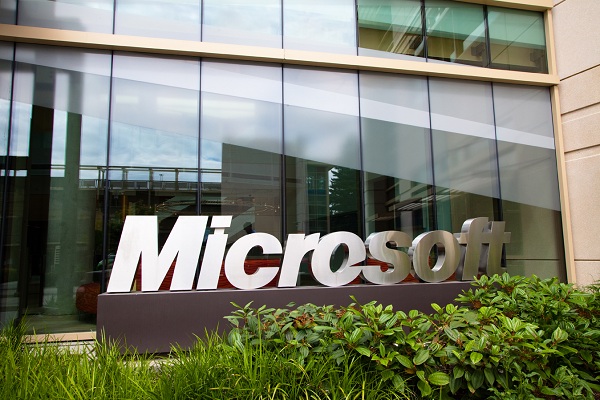Microsoft sheds light on how big data insights can benefit poorer countries
Software giant talks about the work it is doing to help developing countries use technology to improve their residents' quality of life.

Software giant Microsoft used its Research Next event in Cambridge yesterday to show how big data insights can benefit the developing world.
Drew Purves, head of Microsoft's Computational Ecology and Environmental Science Group (CEES), demonstrated how the firm is using big data to develop predictive models of ecological systems in the developing world.
Purves, a Cambridge and Princeton University graduate, said the work will be used to make predictions about what will happen in certain ecosystems around the world and the impact it will have on the people who live there.
"For me, it's what we can achieve if we get this technology stuff right," Purves told IT Pro.
The CEES group's goal is to create software, which has recently culminated in the development of two new tools: FetchClimate and Flizbach.
"Two relatively mature tools that I have been deeply involved with are FetchClimate, an easy, intelligent service for providing climate information; and Filzbach, a fast, robust, flexible adaptive MCMC (Markov chain Monte Carlo) library for [protecting] complex models against heterogeneous data," explained Purves.
Along with his big data work, he said technology - in general - has a lot of potential to do more than ever before, such as predicting the spread of diseases or if someone will become diabetic.
Get the ITPro daily newsletter
Sign up today and you will receive a free copy of our Future Focus 2025 report - the leading guidance on AI, cybersecurity and other IT challenges as per 700+ senior executives
"It is an information technology that doesn't have that much physical technology attached to it. But it really is transformative," he said.
"[One] thing that separates our group from some of the other groups you see in big companies like Microsoft is that a lot of the issues we deal with are actually more pertinent for poorer people in the developing world."
Purves said his goal is to show people they can have top-notch technology that is attainable and affordable.
"I've never experienced 'Apple envy' because I see really, really expensive, top-end devices that can be afforded by a small fraction [of people]," he said.
"What I would love to see is people who are able to farm better, people who will be able to look after their kids better. It's ideal in the developing world, really."
-
 Bigger salaries, more burnout: Is the CISO role in crisis?
Bigger salaries, more burnout: Is the CISO role in crisis?In-depth CISOs are more stressed than ever before – but why is this and what can be done?
By Kate O'Flaherty Published
-
 Cheap cyber crime kits can be bought on the dark web for less than $25
Cheap cyber crime kits can be bought on the dark web for less than $25News Research from NordVPN shows phishing kits are now widely available on the dark web and via messaging apps like Telegram, and are often selling for less than $25.
By Emma Woollacott Published